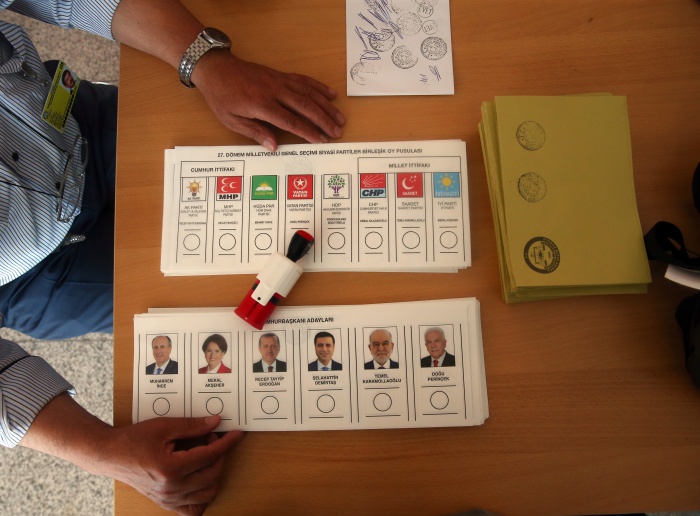The devastating scale of Monday’s earthquake in southern Turkey poses “serious difficulties” for elections planned for mid-May, a Turkish official told Reuters on Thursday.
This is the first indication that authorities may consider postponing the vote.
President Recep Tayyip Erdoğan, who wants to extend his rule to a third decade, said last month the elections would be held on May 14. Opinion polls released before the earthquake suggested it would be his toughest electoral challenge yet.
Erdoğan’s popularity has already suffered as the cost of living has skyrocketed and the lira has fallen. Now he faces a wave of criticism over his government’s response to Turkey’s deadliest earthquake since 1999, which struck just before he came to power.
Regardless of the political fallout from the disaster, the logistical challenges of holding elections in the affected areas are immense. Some 13 million people live in the quake-affected region, and hundreds of thousands are in need of shelter after their buildings were destroyed or rendered unsafe.
“It’s really too early to talk about the election,” Reuters quoted the Turkish official, who wished to remain anonymous, as saying.
“There is a state of emergency already for three months, 15 percent of the population lives in that region, a region that produces close to 10 percent of GDP,” the official said.
He said Erdoğan’s Justice and Development Party (AKP) and its parliamentary ally, the Nationalist Movement Party (MHP), were looking into the matter, but that it was too early to make a decision immediately after the earthquake while the death toll was still rising.
“It seems like we have come out of the election period that we were entering. We will look at the developments, but right now there are serious difficulties in holding an election on May 14.”
Erdoğan had been expected to officially declare in March that he would bring forward presidential and parliamentary elections from mid-June to May 14.
Criticism of Turkey’s emergency response to the earthquake has increased. Survivors and opposition politicians accuse the government of slow and inadequate relief efforts.
As angry comments spread across social media, Twitter in Turkey was restricted Wednesday, internet watchdog Netblocks reported. It was restored on Thursday.
Turkish journalist Can Dündar, who lives in exile abroad and was sentenced in absentia to 27 years in prison for “espionage” and aiding a “terrorist” organization, said Erdoğan came to power after an earthquake in 1999 and will be driven out by this latest earthquake.
Criticism of the response to the 1999 earthquake, which killed 17,000 people, was one of the factors that led to a collapse in support for the then-government and helped the AKP win in 2002.
“Erdoğan came to power in the wake of the 1999 earthquake; it looks like he’ll go in the wake of the 2023 earthquake,” Dündar said in a video posted on Twitter. “This earthquake, which has claimed thousands of lives, will bury him in the wreckage.”

